Trigger Warning: This article contains discussion of suicide and severe financial distress. If you or someone you know is experiencing suicidal thoughts, please contact the a specialist hotline such as ASRAA or SPIF or SNEHA for immediate assistance.
After a while – I’ll admit I’m not a very big cricket fan like most Indians – I watched the Indian Premier League (IPL) at the start of this year’s season. And I got annoyed by the number of advertisements stuffed between deliveries, there are certainly more ads per minute than actual cricket.
One particular ad/ sponsor caught my interest – Dream11. I was impressed by the sheer number of cricketers and Bollywood “celebrities” endorsing this fantasy sports platform. I was under the impression that this fantasy sports thing is loved by millions in India, and must be generating a lot of money. So I decided to dig deeper.
And what I found, shook me to the core.
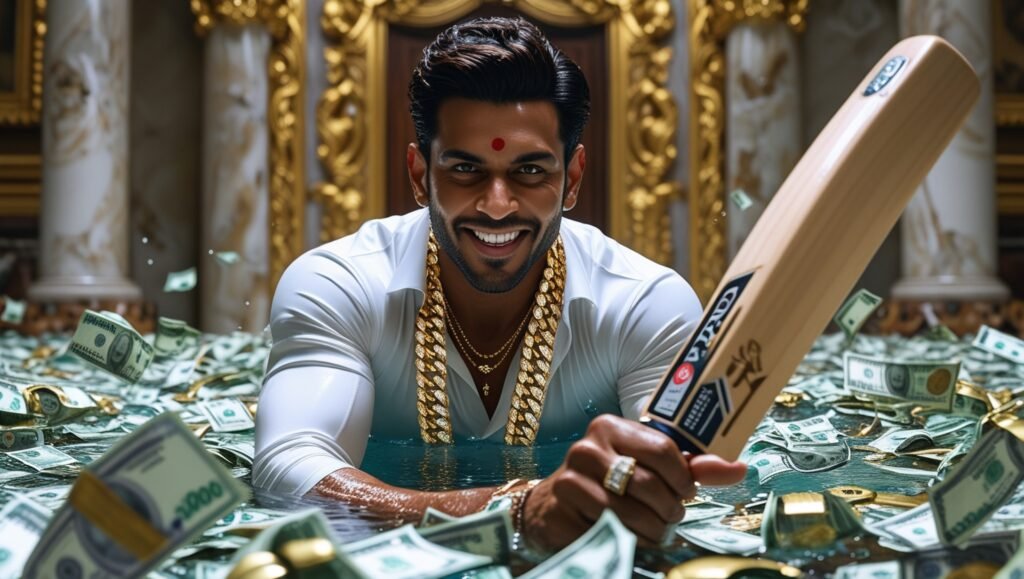
The Explosive Growth of “Fantasy Sports” in India
In recent years, India has witnessed an unprecedented boom in what are marketed as “fantasy sports” platforms. What started as a niche entertainment segment has transformed into a multi-crore industry capturing the attention of millions across the nation. Tech India’s latest investigation reveals the concerning reality behind this explosive growth.
Fantasy sports platforms like Dream11, MPL, and My11Circle have become household names, boasting a user base that has grown from just 2 crore users in 2019 to an estimated 13 crore users in 2024. The industry’s revenue has skyrocketed to approximately ₹34,000 crore annually, with projections suggesting this figure could reach ₹1,50,000 crore by 2027.
These platforms have gained legitimacy and popularity through strategic celebrity endorsements. Cricket icons like Mahendra Singh Dhoni, Virat Kohli, and Rohit Sharma, along with Bollywood stars like Ranbir Kapoor, have become the faces of these platforms, lending them credibility and appeal among young Indians.
The Uncomfortable Truth: Fantasy Sports Are Gambling
Despite being marketed as “games of skill,” these fantasy sports platforms effectively meet the definition of gambling. Users invest money with the hope of financial returns based on uncertain outcomes, creating the fundamental psychological mechanisms that drive gambling addiction.
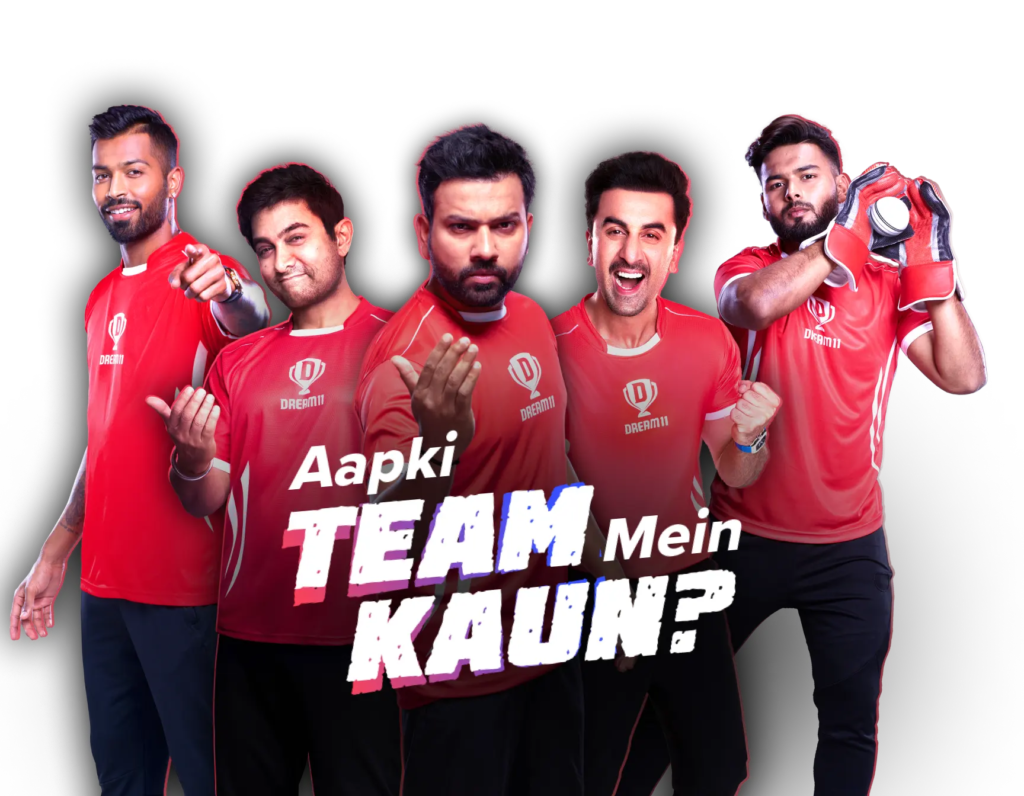
A 2023 study by the Indian Psychiatric Society found that 76% of regular fantasy sports users displayed at least some signs of problematic gambling behavior. The study concluded that the game mechanics, instant gratification, and financial risk-reward systems in these platforms are neurologically indistinguishable from traditional gambling activities.
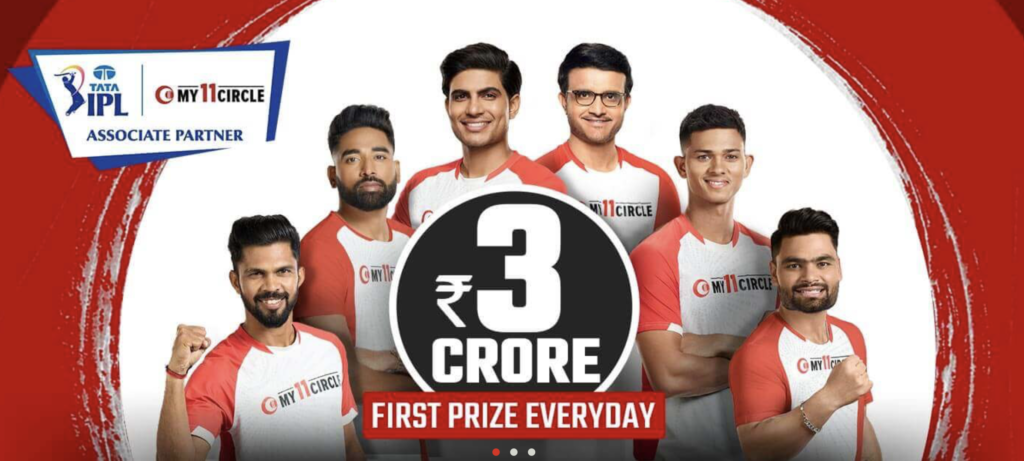
If there is still any doubt as to whether these platforms meet the definition of gambling, let’s set the record straight. Take the case of Dream11.
Dream11 was founded in 2008 and introduced freemium fantasy sports in 2012. Registered users grew from 1 million in 2014 to 45 million in 2018, reaching 200 million by October 2023. Dream11 became the first Indian fantasy sports unicorn in April 2019 and partnered with the IPL, signing a three-year deal worth ₹120 crore. Dream11 generated ₹6,384 crore (US$730 million) in revenue for FY23, with a net income of ₹188 crore (US$22 million).
Dream11 is classified as a “game of skill” under Indian law, exempting it from the Public Gambling Act of 1867. A law that pre-dates the internet, by a very long time.
The platform’s cash prizes and fee-based contests resemble gambling structures, as users win or lose money based on player performance predictions. How much more of a “gamble” can this be?
Unofficial estimates are that the Indian fantasy sports market includes around 70 such operators, with Dream11 dominating the sector.
It’s worth noting that at one point, all such platforms were banned in Karnataka, but seems that Dream11 continued. And others as well.
The Gateway to Illegal Gambling
My deep dive has quickly uncovered a disturbing pattern: fantasy sports often serve as entry points to more explicit forms of illegal online gambling. Research indicates that approximately 42% of users who begin with fantasy sports eventually migrate to unregulated betting platforms, offshore casinos, and other illegal gambling sites.
These illegal platforms operate beyond regulatory oversight and employ sophisticated targeting to keep users engaged. Unlike fantasy sports that maintain some semblance of skill-based competition, these illegal platforms offer pure chance-based betting with rigged algorithms designed to ensure users lose money over time.
I will not include a screenshot or a link to any such platform here for obvious reasons.
The Debt Trap: Predatory Lending and Online Gambling
The rise of instant loan apps has created a perfect storm alongside gambling addiction. Young gamblers, often facing mounting losses, turn to these easily accessible lending platforms that offer minimal verification and instant disbursals.
These apps typically charge exorbitant interest rates ranging from 36% to over 500% annually. A recent Reserve Bank of India report flagged over 1,100 illegal lending apps operating in India, many with direct or indirect links to gambling operations.
Case studies show that addicted gamblers often juggle multiple loans, with the average gambling addict in India accumulating debts of ₹4.7 lakh within six months of developing a severe addiction.
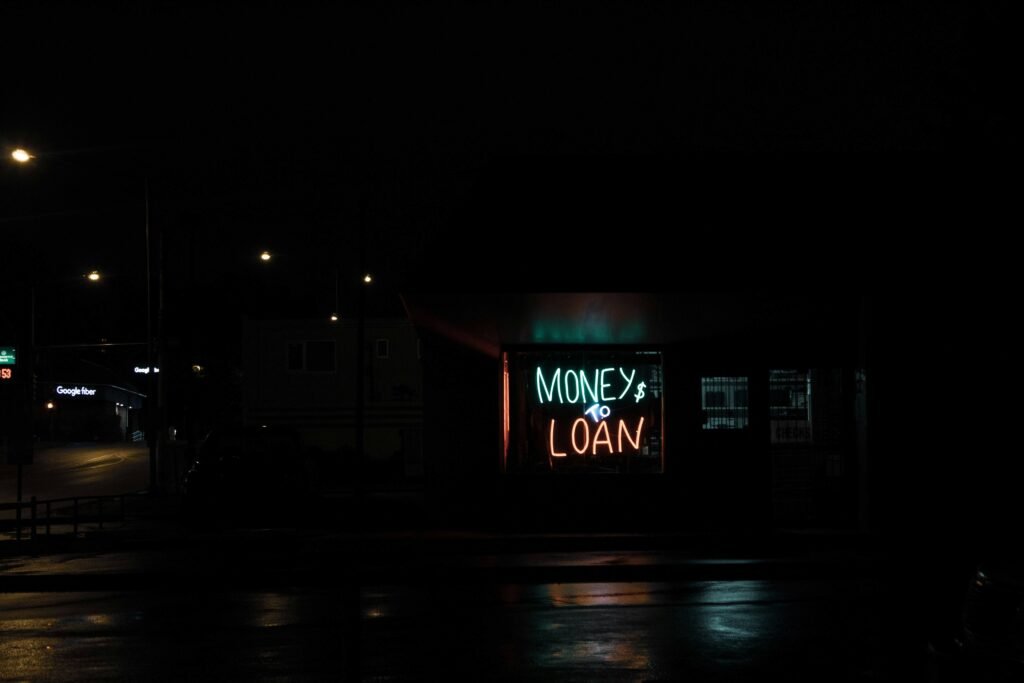
The Ultimate Price: Lives Lost to Gambling Debt
The most devastating consequence of this crisis is the alarming rise in suicides linked to gambling debts. Police records from major metropolitan areas have documented over 350 suicides directly linked to online gambling debts in the past two years alone.
Some heartbreaking examples:
- In Hyderabad, a 27-year-old software engineer took his life after accumulating gambling debts across multiple betting platforms and loan apps.
- A 21-year-old college student from Chennai died by suicide after losing his savings on illegal betting sites.
- Kalaburagi (Karnataka) student ends life after accumulating ₹80L in online gambling debt.
- Andhra Pradesh Parents, Unable To Repay Son’s Online Gambling Debts, Die By Suicide.
- Two men allegedly died by suicide in separate incidents in Bengaluru’s Mahadevapura and Bellandur on Friday evening after suffering financial losses from online gambling.
- Three members of a family ended their lives in Telangana’s Nizamabad district after the couple were unable to clear a debt of Rs 30 lakh incurred due to their son’s habit of online gambling.
And there are many more. These are only the reported cases, surely there are many more unreported incidents.
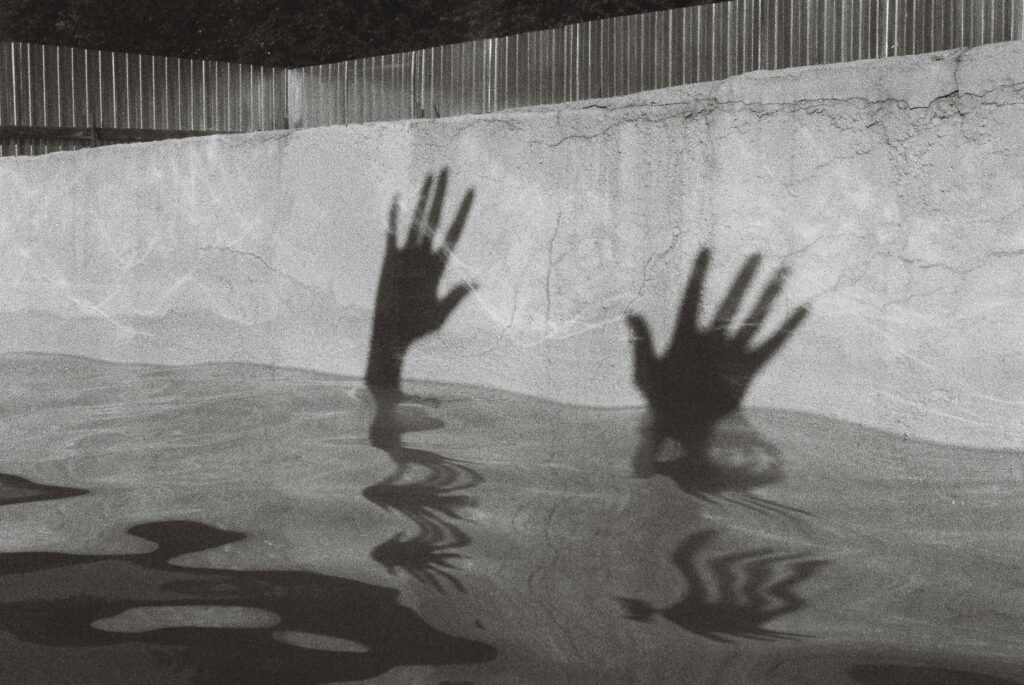
Legal Framework and Enforcement Challenges
India’s legal landscape regarding online gambling remains fragmented. While gambling is a state subject under the Constitution, most state laws were drafted in the pre-digital era and struggle to address online gambling effectively.
The Public Gambling Act of 1867 (80 years before India got independence itself, and more than a century before the internet), which forms the basis of many state gambling laws, obviously predates the internet. States like Tamil Nadu, Karnataka, and Telangana have attempted to ban online gambling (like I mentioned above), but enforcement remains challenging due to:
- Jurisdictional issues with offshore gambling websites
- Use of VPNs and cryptocurrency to circumvent restrictions
- Ambiguity in differentiating “games of skill” from “games of chance”
- Lack of technical expertise among enforcement agencies
- The sheer volume of platforms operating online
Making a Difference: Collective Action
While regulatory and legal reforms are essential, the most immediate impact can come from collective citizen action:
Small but significant actions you and I can take:
- Challenge Celebrity Endorsements: Use social media to question celebrities who endorse fantasy sports platforms. Tag them in posts highlighting gambling addiction cases and ask whether they consider the consequences of their endorsements.
- Spread Awareness: Share information about gambling addiction signs with friends and family. Early intervention can prevent the progression from casual use to addiction.
- Support Helplines: Promote awareness of gambling addiction helplines like the Samarparn Recovery Helpline and encourage those struggling to seek help. Please be kind to those suffering from this addiction, they need help not judgement.
- Report Illegal Sites: If you encounter illegal gambling platforms or predatory lending apps, report them to cyber police cells and the RBI. See also the National Cyber Crime Reporting portal.

Conclusion: Breaking the Cycle
The fantasy sports and online gambling crisis in India represents a perfect storm of celebrity influence, regulatory gaps, predatory lending, and addiction vulnerability. While the problem is complex, collective citizen action can begin turning the tide.
As we at Tech India continue to investigate this issue, we call on all citizens to recognize that behind the glamorous advertisements and celebrity endorsements lies a potentially devastating addiction that is claiming young lives across our nation.
This article is part of my ongoing investigation into digital hazards affecting Indian youth. Share your experiences or tips for our investigation by contacting me here, commenting below or DM/comment on any one of my socials:
